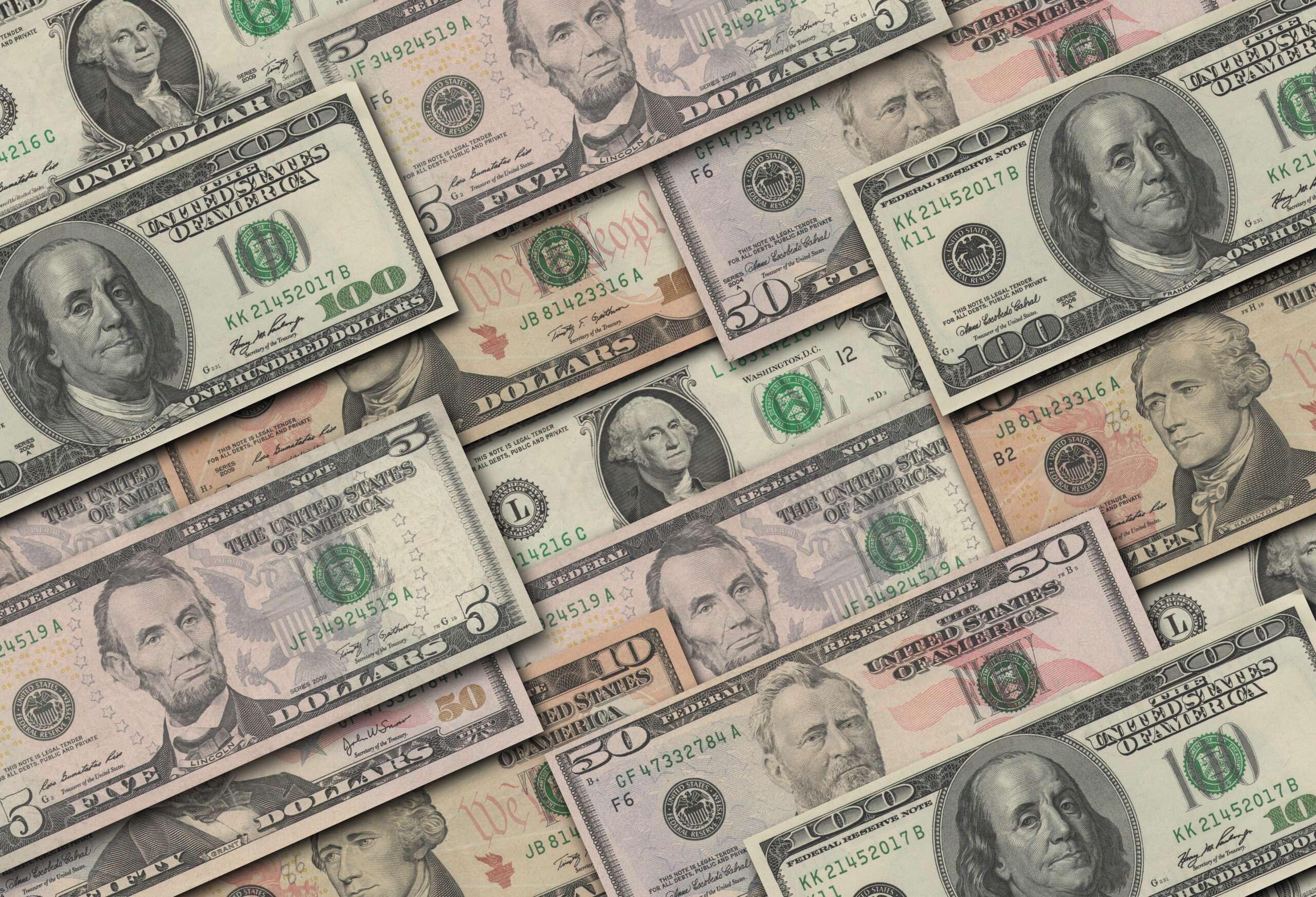Argentine President Javier Milei attributed the failure to fulfill his campaign promise of dollarizing the country’s economy to political interference, suggesting that such a move could have resulted in his impeachment.
“It wasn’t technically unfeasible to do so, but we anticipated that politics would play dirty,” Milei stated in a recent interview with Bloomberg.
During the interview, Milei highlighted the challenges he faces as the leader of Argentina, such as a “bankrupt” central bank and a severe economic crisis. His original plan to stabilize the economy involved pegging it to the U.S. dollar.
“We had a strategy for dollarization, which involved transferring Central Bank assets to the market to acquire dollars,” Milei explained. He believed this approach would have been successful, as Argentine securities were undervalued at the beginning of his term.
However, Milei expressed frustration with Argentina’s political system and the lack of support for his proposed economic reforms.
Milei’s advocacy for free market reforms, including dollarization, was a central theme of his presidential campaign.
Dollarization, the adoption of the U.S. dollar as the national currency, has historically been used to stabilize economies and combat inflation.
While several Latin American countries have embraced dollarization, Argentina has faced opposition to the idea due to constitutional concerns and resistance from key figures in the government.
Despite setbacks, Milei has not completely abandoned the idea of dollarizing Argentina but acknowledges the challenges ahead.






